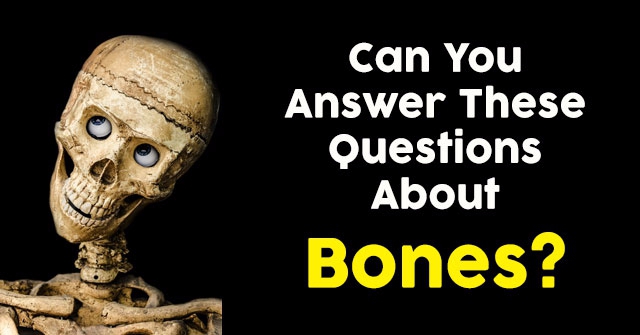
It goes without saying but this is a very tough read. Obviously, this is never a burden any child should have to carry, and especially not as brutally as it played out for her. It loops back in time as she works through specific events and relates them to present issues, especially when she uncovers the roots of some of her own troubling behaviors. She often references how she had to save her parents’ lives, quite literally. Amidst this, Stephanie became the glue holding these two broken people together. Her mother had been physically abusive and her father seemed to withdraw from the situation, allowing it but frequently expressing that he was hopeless and suicidal and putting the weight of this on Stephanie. The basic narrative is that by her teens, she had been abandoned by both of her parents. I guess, at its core, its simplest, it’s a memoir of how a young adult woman copes and reckons with the complicated lifelong legacy of childhood trauma, bit by bit, piece by piece, as she grows and learns more about herself, her roots, and how she can shape a better future regardless of the shitty foundation she was given.īut it’s so much more - it’s mental illness in all its messiness, but including the humor of it sometimes, it’s a rollercoastery ride of improvements that backslide but then build and overcome again, it’s the hopeful promise of someone who understands the worst you’ve been through and loves you anyway, tied together with accessible science and psychology. It encompasses so much that I sat staring at the blinking cursor for long minutes trying to even come up with the essence of it to summarize. Reading the new memoir What My Bones Know: A Memoir of Healing From Complex Trauma by radio journalist Stephanie Foo is more of an experience than any book I’ve read in recent memory. Hatred, I learned quickly, was the antidote to sadness.

What My Bones Know: A Memoir of Healing From Complex Trauma, by Stephanie Foo


 0 kommentar(er)
0 kommentar(er)
